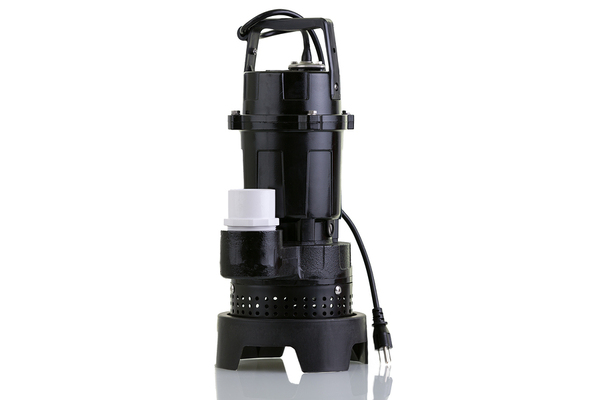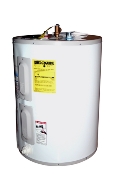Taking Care Of Your Home's Plumbing System
Plumbing maintenance is the last thing most homeowners want to think about on a regular basis. At the same time, they don't want to be surprised with leaky pipes or drain blockages.
Plumbing maintenance is the last thing most homeowners want to think about on a regular basis. At the same time, they don't want to be surprised with leaky pipes or drain blockages.
Unfortunately, excess moisture is fairly common in the basements of Massachusetts houses. If your basement is damp and musty-smelling, you can verify your suspicions with this test: Tape a 2-foot-square section of plastic sheeting to any wall or surface where you suspect moisture may be entering or accumulating. Check it in a day or two. Any wetness indicates a moisture problem in that part of the house.
If you do find a problem, you can first try to solve it with a dehumidifier. Then examine your gutters for leaks or plugged areas, make any necessary repairs, and make sure the gutters are directing water away from your house's foundation. Then do the plastic sheeting test again. If you still have moisture, it's time to consider a sump pump.
Heavy rainfall from storms or rapidly melting snows can be a source of flooding in basements or crawl spaces. Standing water in either situation can cause water damage that is not covered under standard homeowner's insurance. A sump pump can automatically eliminate standing water in these situations by pumping out the excess water into septic tanks or other areas suitable for drainage.
 The sump pump might not be the most glamorous part of your home, but it's certainly one of the most important. Whether you have a full basement or just a crawlspace, this device helps prevent flooding, which can landslide into a host of other problems. The only thing that your sump pump asks in return is a little care, maintenance and cleaning.
The sump pump might not be the most glamorous part of your home, but it's certainly one of the most important. Whether you have a full basement or just a crawlspace, this device helps prevent flooding, which can landslide into a host of other problems. The only thing that your sump pump asks in return is a little care, maintenance and cleaning.
Over the years, water heater designs have been improved to make them more efficient. Today, high-efficiency water heaters are widely available. However, even the highest quality water heater will eventually experience problems and need to be repaired or replaced.
The water heater is an essential part of any home, but that doesn't mean it has to sap massive amounts of energy. There are plenty of energy efficient water heaters available, but not everyone is ready to replace their old model. In that case, there are simple measures that home owners can take to save money on their energy costs by making their water heater more energy efficient.
When your water heater heats its last drop of water and can't be repaired, you may find yourself having to make a snap decision because you don't have time to ponder the options. Your family needs hot water now. But by gathering a little knowledge from some good questions, selecting the right one out of all those available makes the replacement and installation much quicker.
 It used to be that a New England homeowner had few choices when it came to heating water. Now there are options. The two most popular are the conventional storage-tank heater and the tankless heater, also known as a demand water heater. Each has its advantages as well as its drawbacks. Which is best for your home? The answer depends on your family's needs.
It used to be that a New England homeowner had few choices when it came to heating water. Now there are options. The two most popular are the conventional storage-tank heater and the tankless heater, also known as a demand water heater. Each has its advantages as well as its drawbacks. Which is best for your home? The answer depends on your family's needs.
If your hot water heater is getting on in years, it's best to determine the type of replacement you will need before it fails. Conventional storage systems are available today with features that increase efficiency. Tankless systems produce hot water on demand, making them a highly efficient system of choice. Getting the right size system for your household will balance needs and costs.
 Though you may not think about it often, the water heater in your Massachusetts home plays a major role in your comfort. If your water heater is more than 10 years old or you're considering replacing it, give some thought to tankless water heaters. Tankless options have distinct advantages over their traditional counterparts and may be the answer to your hot water needs.
Though you may not think about it often, the water heater in your Massachusetts home plays a major role in your comfort. If your water heater is more than 10 years old or you're considering replacing it, give some thought to tankless water heaters. Tankless options have distinct advantages over their traditional counterparts and may be the answer to your hot water needs.